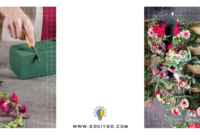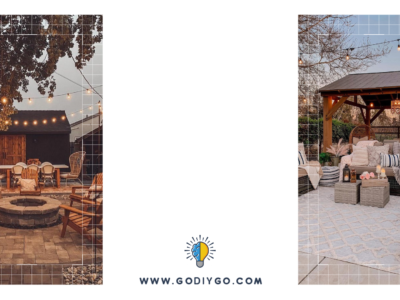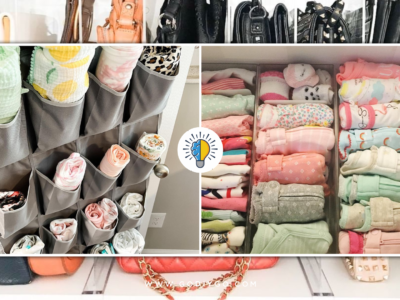The clean-up after water damage can be difficult. There are a lot of factors that need to be considered in order to ensure you clean up your home properly, including the type of water damage, how long it has been since the clean water was introduced, and whether or not there have been any natural disasters such as flooding. If you are looking for tips on how to clean up after water damage then this blog post is perfect for you!
Put on rubber gloves to protect your hands from chemicals and bacteria
To protect your hands from chemicals and bacteria when cleaning water-damaged areas in your home, slip on a pair of rubber gloves. To keep both your hands and home clean from bacteria contamination, it’s important to thoroughly wash your hands with soap and water (after removing the rubber gloves) before touching anything else.
Remove all debris and damaged items
Removing all debris and damaged items from your Denver home is the first step to success. This is critical because mold will start growing on any remaining materials within a few days. Not only does removing these products reduce moisture in the home, but it also removes some of these toxic substances for you and your family to breathe for weeks or months after being flooded. You may want to consider hiring Denver water damage repair contractors before attempting this task because they have special equipment that can work more quickly. Removing all contaminated sheets, blankets, food, cabinets, and other damaged items will help ensure that you are not moving anything into your home that could cause your family harm.
Get rid of any standing water that may have been caused by flooding or leaks, which can lead to toxic mold growth if not dealt with quickly
When cleaning your Denver home after water damage, look for and remove standing water on floors and other surfaces. Standing water can cause many problems if left unmitigated. Moisture from any form of plumbing or HVAC system leaks or flooding can seep into a building’s walls creating mold, bacteria, and mildew that may invade the property from many sources; all these contaminants cost time, money, and health to deal with. If the damage is small enough (for example: less than five square feet total), it is probably worth trying to clean it up with a few rags. You should seal off areas where there is standing water and protect other items from further damage as best as possible before doing anything else. The best solution for removing significantly larger amounts of water damage in Denver is a pump that pumps water from the damaged area and drains it to a safe location.
Clean off any surfaces with disinfectant
It’s important to clean off any water damaged surfaces with a disinfectant because if left untreated, the water can cause mold and mildew to grow in moist non-air-conditioned areas. Mold and mildew can be really hard to remove once it has already set in. So find a good quality multipurpose cleaner for use on countertops, your kitchen sink, and any other surface where water from broken pipes may have dripped or spilled. Make sure you follow the safety precautions that come with these cleaners as well.
Use a dehumidifier to reduce the humidity in the area as much as possible
Under normal circumstances, the humidity level in your home should be between 30% and 50%. However, in a home that has sustained water damage or any sort of water exposure, you have to take steps immediately to reduce the humidity. Air out the house by opening windows and doors during the day to let fresh air circulate through. Turn on some fans to speed up drying- it always makes sense. You can also use a dehumidifier for drying out the damaged areas. There are two ways a dehumidifier works to reduce humidity in an area. The first is by removing leftover water that has been evaporating from dry air and the second is through forced hot air heaters which also evaporate leftover water.
















